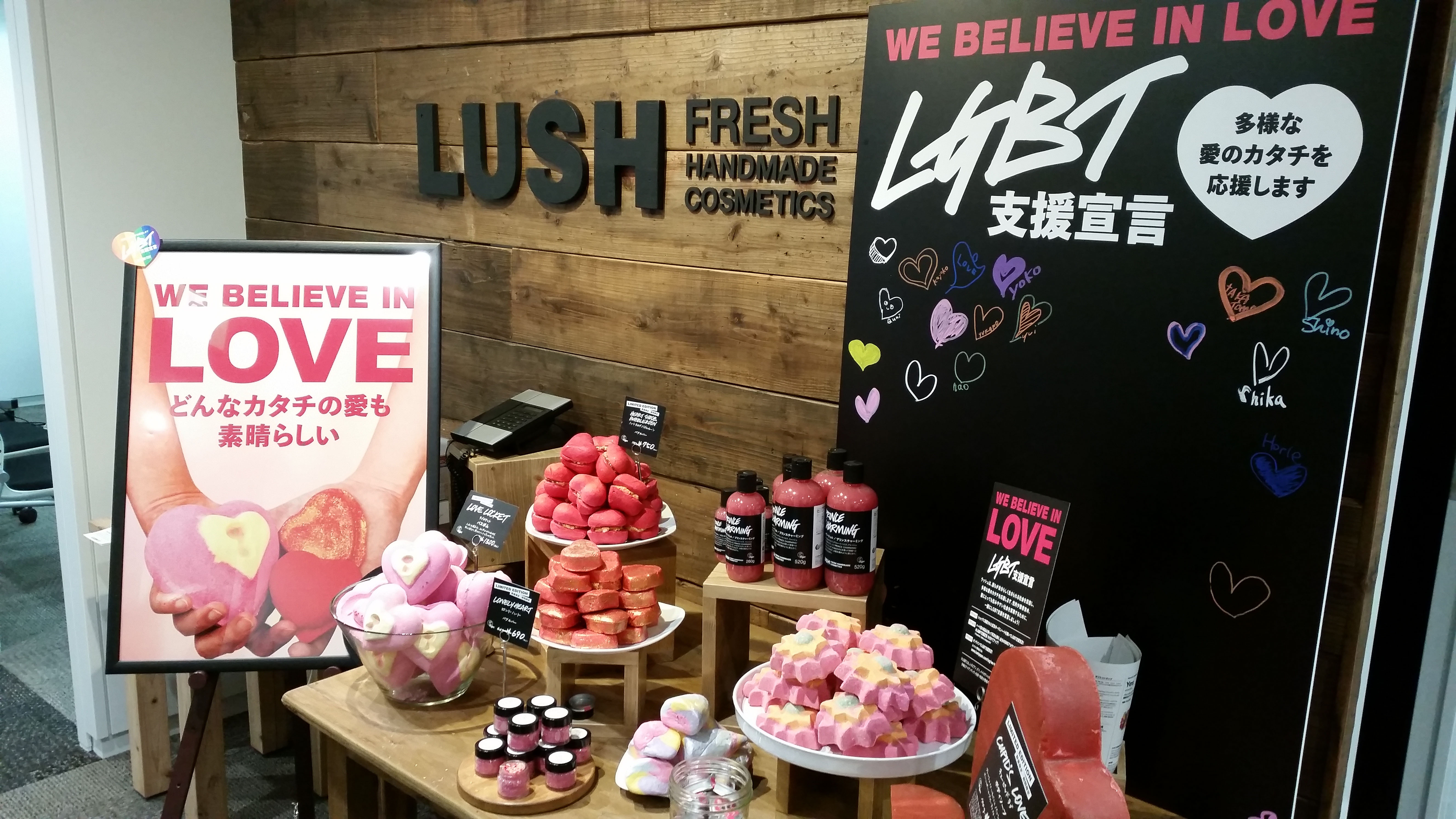On Feb. 13, Asahi Shimbun's daily Vox Populi, Vox Dei column mentioned Morizo and Kiccoro, the official mascots of the 2005 World Expo held in Aichi Prefecture. These two "woodland fairies" supposedly hailed from Seto, which issued them the same resident cards (jūminhyō) held by everyone who lives in the city. In the space designated for "sex," Morizo's card read "currently under study," while Kiccoro's said "mystery." Asahi's anonymous columnist emphasized the playful nature of the fictitious cards, pointing out that gender was a "nonissue for these cuddly mascots."
The latest TV commercial for DC Card gets into similar territory. For years, the credit card service has used two uniquely Japanese creatures, a tanuki (raccoon dog) and a kappa (water sprite), in its ads. Since neither manifested any gender-identified physical or behavioral attributes, nobody ever wondered which sex they were, but in the new commercial we see them getting married in what looks like a European town. Since the kappa wears a veil, the viewer assumes it is female and the tanuki is, by logical extension, male. But why do we have to make those assumptions? The fact that these two beings are forming an inter-species union (or something less zoological, since kappa are imaginary) throws the whole matter of what qualifies as "marriage" into question. The only real point as far as the ad is concerned is that they now constitute a happy family.
Asahi used the Morizo-Kiccoro story to show how sexual minorities are becoming more accepted and the term LGBT (lesbian, gay, bisexual and transgender) is "gaining currency" in Japan. However, Japan's peculiar affection for cute mascots of any kind embraces diversity in a way that society in general may not.

















With your current subscription plan you can comment on stories. However, before writing your first comment, please create a display name in the Profile section of your subscriber account page.